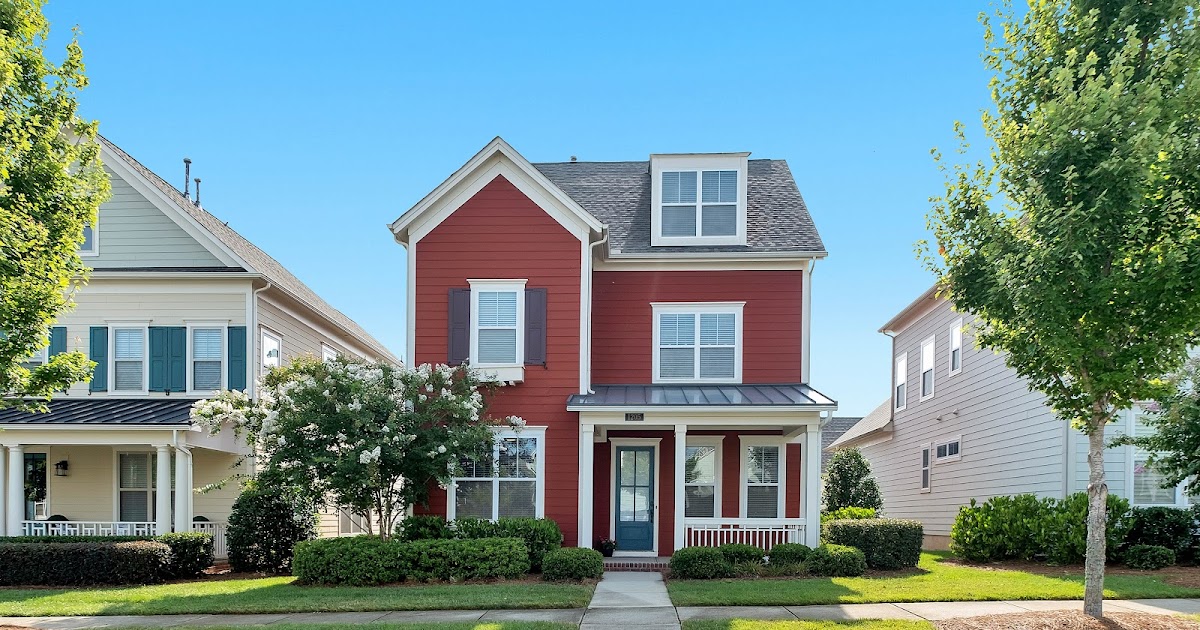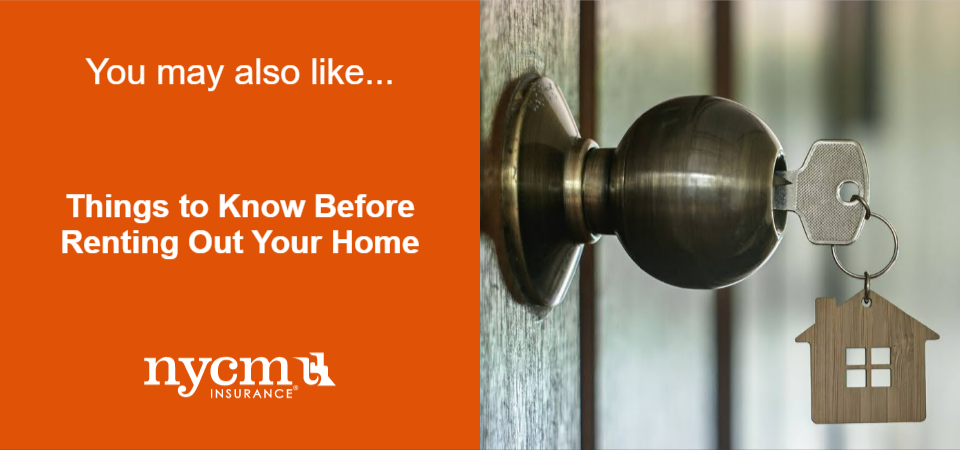What Do I Need to Know as a New Landlord?

If you’re just beginning your landlord
journey, you may have a lot of questions about what goes into renting out your property in a responsible and
profitable way. And while you may be eager to rent out your unit as soon as
possible, it’s important to do some research on things like setting the right
price, choosing the right tenant, and creating a rental agreement.
While it can be exciting to begin your tenure
as a landlord, it’s also a big responsibility that you shouldn’t rush into
without first educating yourself. Continue reading to learn about six
guidelines that every new landlord should follow!
Setting
the Right Price
One of the first questions you may have as a
landlord is: How do I know what to charge for rent? Regardless of the kind of market your
rental unit is in, setting the right price is a big step to renting your unit.
When setting the price for your unit, consider
things like the rent for comparable apartments nearby, the state of the
neighborhood, and the state of the unit itself, including the quality and size.
On one hand you may want to maximize profits,
but on the other hand, you also want to attract tenants who may be looking at several other properties, so
finding a solid middle ground may take some work.
Accepting
Payments Electronically
You should consider allowing your tenants to
pay their rent electronically, especially if you are
managing more than one property. As more and more recurring payments occur on
an electronic level, allowing your tenants to pay their rent electronically will
make things easier for all parties involved.
The perks of electronic payments include
uncomplicated record keeping, fewer trips to the bank, and in some cases,
quicker payments. Additionally, by accepting payment electronically you can
save yourself the trouble of late or bounced checks.
Do some research with your bank to determine
if there are any money transfer options that work for you, or consider using a
verified third-party app.
Requiring
Renters Insurance
Requiring renters insurance in your unit can save both
you and your tenant a headache in the event that something unexpected happens.
As a landlord your insurance policy covers the building, but not the tenant
or their belongings. Renters insurance offers coverage to your tenant, your
tenant’s possessions, and even your tenant’s guests in the event that something
unexpected should happen, at a relatively cheap price.
It also offers your tenant worldwide coverage,
meaning their belongings don’t have to be at your rental unit to be protected.
Many insurance companies will allow
policyholders to bundle renters with auto insurance.
Conducting
a Background Check
Once you have generated some interest in your
unit, you will want to do a background check on any prospective tenants before
you lease it out. Ask the potential tenant for references and proof of income
so that you can assess their professional and financial situation. Also, make
sure you can verify their identity, and try to gauge if you are comfortable
leasing your unit to this individual.
You can also run a credit background check on
your hopeful tenant to look for any red flags, like past declarations of
bankruptcy, or late or delinquent bills. Credit reports are usually obtained
from one of three sources: Equifax, Experian, or TransUnion.
Be cautious in choosing a tenant; if the
relationship ever sours, it can be difficult and costly to evict.
Creating
a Rental Agreement
When you have decided to lease out your unit,
have your tenant sign a rental agreement. The rental agreement is the
most important part of leasing out a unit; any rules you would like your tenant
to abide by must be agreed to in the contract.
If you are having trouble creating a rental
agreement, you can look at sample agreements online and make changes where
applicable to cater it to your preferences.
This contract acts as concrete evidence of the
agreement you are making with your tenant and you should be thorough.
Keeping
Digital Records
The last thing a good landlord should know is
the importance of keeping thorough records.
Before leasing out your unit, take pictures of
each room so that when the tenant moves out, you can identify any damage the
tenant may be responsible for paying for or repairing.
Once your rental agreement is signed, keep the
physical copy somewhere safe and upload a digital copy to your computer for
easy access if needed.
Keep records of every payment received,
including the amount, date, and payment method, so that you can stay on top of
it and can point out any discrepancies if needed.
You will never regret keeping too many
records, but you may regret not having them if you need them!
Are you thinking of renting out your home to
earn some extra income? Here are four things you need to know before you do.




